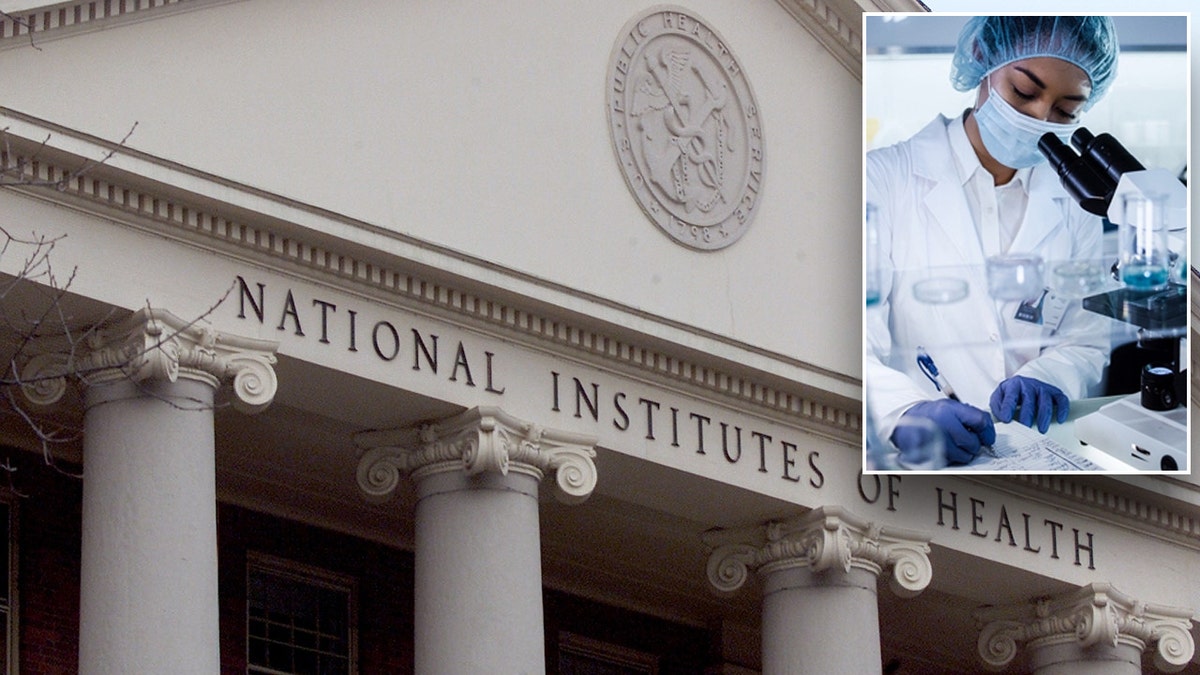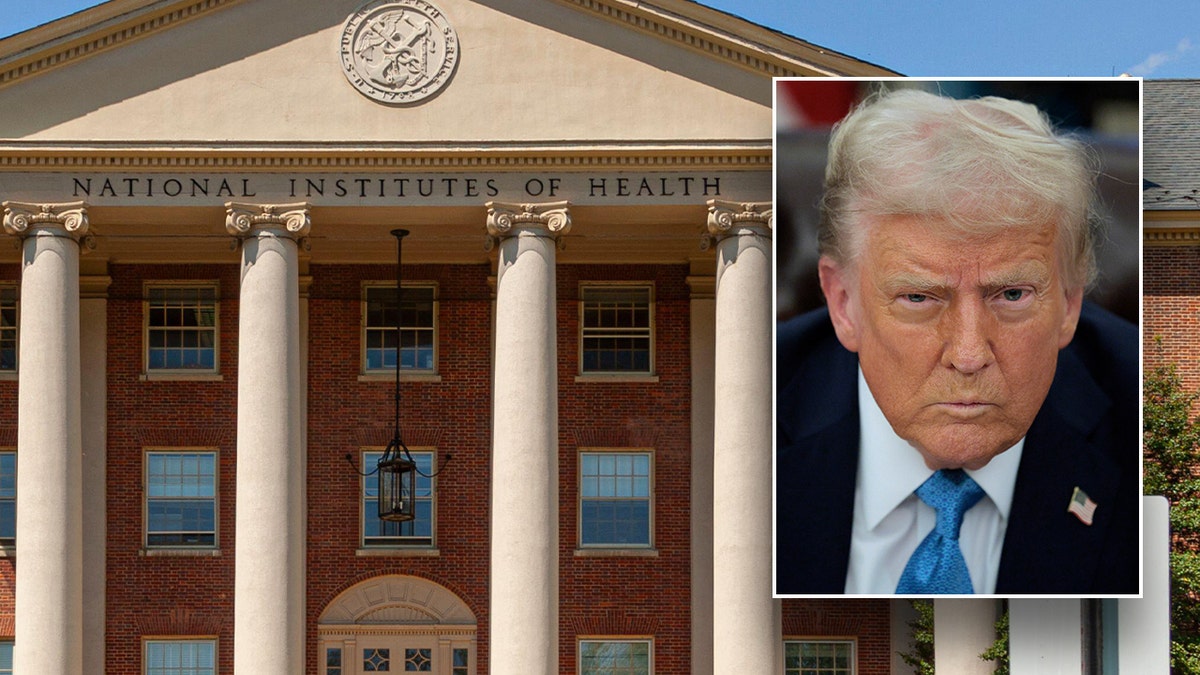A new policy from the Trump administration limiting overhead costs for federally funded research has ignited controversy. While some researchers and politicians criticize the move, others in the medical field believe it's a step towards better use of taxpayer money in scientific research.
Effective Monday, the new rule restricts facilities and administrative costs, also known as "indirect costs," to 15% of research grants from the National Institutes of Health (NIH). Previously, these costs typically ranged from 27% to 28%, and in some instances, reached as high as 70% to 90%.

(Fox News)
Dr. Vinay Prasad, a hematologist-oncologist and professor at the University of California, San Francisco, argues that lowering the cap will free up NIH funds, enabling the agency to award more research grants. He suggests that universities have negotiated inflated indirect cost rates, sometimes covering expenses unrelated to the actual research.

Dr. Erika Schwartz, founder of Evolved Science, a concierge medical practice in New York City, agrees that the change is overdue. She believes a more efficient funding model can prioritize direct research activities while still providing essential support services.

Prasad cites an example where a research institution with a 57% indirect cost rate receives a substantial sum even if the research requires minimal resources, like a laptop. He highlights the lack of transparency in how these funds are allocated.
David Whelan, a former healthcare writer and consultant, criticizes the use of indirect funds, alleging that universities use them as "slush funds."
However, the new policy has faced legal challenges from 22 Democratic state attorneys general and several universities, who claim it will hinder vital public health research. Rep. Rosa DeLauro (D-Conn.) accuses the Trump administration of unlawfully diverting funds allocated for research.

A federal judge issued a temporary restraining order blocking the implementation of the new rule, and a hearing is scheduled for February 21st.
Comments(0)
Top Comments